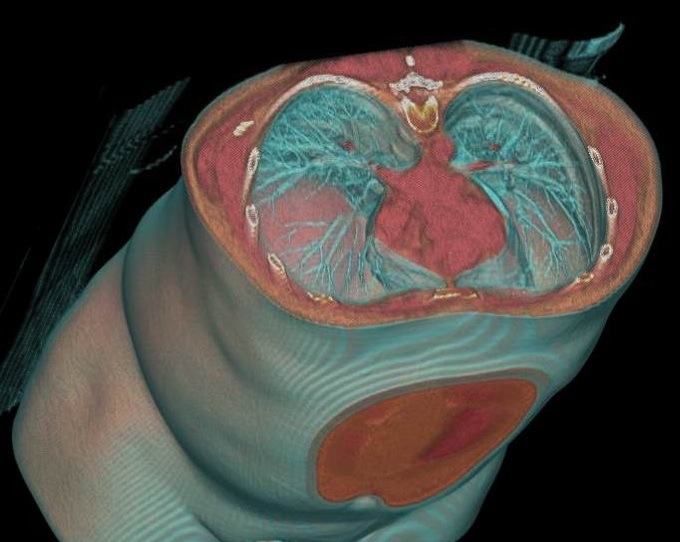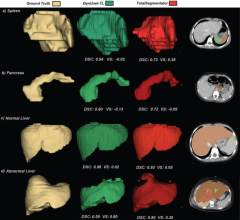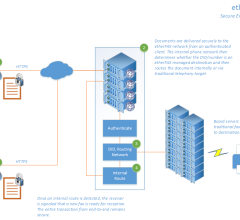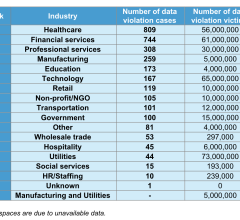
March 6, 2014 — The American College of Radiology applauded steps to reign in medical imaging and radiation oncology self-referral included in President Obama’s Fiscal Year 2015 budget. However, prior authorization for imaging services, also included the FY 2015 budget, is unnecessary and will ultimately raise costs, interfere in the doctor-patient relationship and restrict ready access to imaging care.
Government Accountability Office (GAO) reports have examined self-referral of medical imaging and radiation oncology services and found significant and inappropriate increases in referrals when physicians are allowed to self-refer. This drains Medicare of hundreds of millions of dollars each year.
“Imaging use and associated costs are down significantly since 2006. Only self-referred imaging grew significantly since the middle of last decade. It is past time for government to address self-referral,” said Paul H. Ellenbogen, M.D., FACR, chair of the American College of Radiology Board of Chancellors.
Radiology benefits managers and prior authorization programs take medical decisions out of doctors’ hands, may delay or deny lifesaving imaging and often result in longer waiting times for patients to receive care. A 2011 Moran Co. report found prior imaging authorization would produce no meaningful cost savings, could cost insurers and the government more than it saves and imposes administrative burdens on already strapped physician practices.
“The Sustainable Growth Rate Repeal and Medicare Provider Payment Modernization Act of 2014 would require ordering providers to consult physician-developed appropriateness criteria when prescribing advanced medical imaging studies for Medicare patients,” Ellenbogen said. “This is a far more effective and efficient policy than blanket prior authorization. Electronic ordering systems, based on these criteria, are compatible with hospital electronic health records systems and are shown to reduce duplicate and unnecessary scanning and associated costs without taking decisions out of doctors’ hands or affecting access to care. This approach enjoys bicameral, bipartisan support. We will continue to work with Congress to advance this policy.”
For more information: www.acr.org


 May 17, 2024
May 17, 2024 








